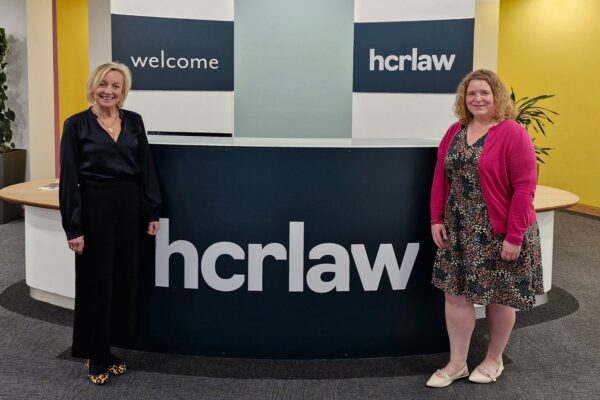

The problem
Although over 170,000 charities registered as currently operating in England and Wales, there are currently 100,000 vacancies for charity trustees. Research from Ecclesiastical Insurance revealed that in 2022, over 51% of charity boards were struggling to recruit new trustees.
Though charity trusteeship is open to anyone over the age of 16 or 18, depending on the charity’s structure, in 2010 a Charity Commission report revealed that over two thirds of charity trustees were aged 50 or over, and young people – 18-24 year olds – made up just 0.5% of the trustee population on just 2% of charities’ trustee boards.
Over a decade later and the story is much the same, despite a 2017 survey by the Charities Aid Foundation showing that 85% of people under 35 would consider becoming a trustee.
These figures indicate that the issue may not be a lack of enthusiasm and interest from young people, but there are a number of other reasons cited in the report – for example, a lack of awareness of vacancies, a resistance from established Trustee Boards, or the roles being too onerous for young people to take on alongside full-time employment.
The benefits of younger trustees
Diversity of perspectives
With society rapidly changing, and the community need for charitable support increasing dramatically, charities are struggling to meet the demand for their services. Bringing in younger people from a wide range of backgrounds would allow trustee boards to gain new perspectives and better understand the needs of the wider community they serve. If your beneficiaries include younger people, having someone from a similar age bracket could also increase the board’s credibility in the eyes of potential beneficiaries, and provide a more relevant insight into the genuine needs and experiences of the individuals you are trying to assist.
Including younger people in the governance and development of the charity could also assist with boosting volunteer recruitment and fundraising support from younger people, as they can better identify with the trustees.
Useful skills and connections
The greatest benefit of adding any new trustee is the new skills and connections they can bring to the board. If a board advertises specifically in places that skilled professionals may look – such as LinkedIn or on job advertisement websites – it is likely that the board may gain expertise from the board in highly beneficial areas. Whether the charity could benefit from accountancy, legal, or marketing knowledge, or someone working for a business with strong connections to the beneficiaries of the charity – bringing in someone younger who is still practicing or recently qualified will likely mean that they have the most up-to-date knowledge of the area, and could share this with the board.
If they are a working professional, it is also likely that they will have a continuously growing network of people with other useful skills that may benefit the board, and so find it easier to identify other potential trustees.
Sustainable succession planning
By getting younger people on the board, the future governance of the charity is more certain as, simply put, they are likely to be able to volunteer as a trustee for a longer period of time.
Facing recruitment challenges
Unpaid roles
As the trustee role is unpaid by nature, and yet is a fairly onerous commitment if done properly, this may be the greatest barrier to bringing younger trustees on board. With an ever-increasing cost of living, many people may not feel that they can dedicate so much time to a position which does not remunerate them.
Solution
Though this is a position that someone cannot typically be paid for, charities may find that if they have a clear and accessible expense policy for trustees that demonstrates that there will not be any financial burden as a result of their role, this concern may be alleviated for many people.
Skills shortage – time
There are certain skills which are greatly sought after for trustee boards. People with these skills are typically found in more intense and competitive careers, such as management, accountancy, or legal roles.
Firstly, this may mean that the individuals with these skills simply do not believe that they have the time to commit to being a charity trustee until they retire. The competition for promotions and ensuring that they meet the expectations of more senior roles may mean people feel uneasy about taking time off for charity business.
Solution
Board flexibility, when arranging trustee meetings or other responsibilities, may demonstrate that it is appreciated trustees have sometimes demanding professional careers alongside taking up the role.
Whilst the role of a trustee shouldn’t be underestimated, if the board is willing to schedule trustee meetings for the evenings, or as a breakfast meeting, so that hopefully less time is needed off work to attend, this may make the roles more attractive.
In conclusion
As any existing trustee will know, trying to recruit new trustees, especially if you are looking for specific expertise or experience, can be a difficult process. By looking specifically to the younger generations for these roles, and ensuring that the position is clearly advertised, accessible, and adds interest or value to the individual, as well as the charity, the hope is that more charities will have easier access to the skillsets they need.










